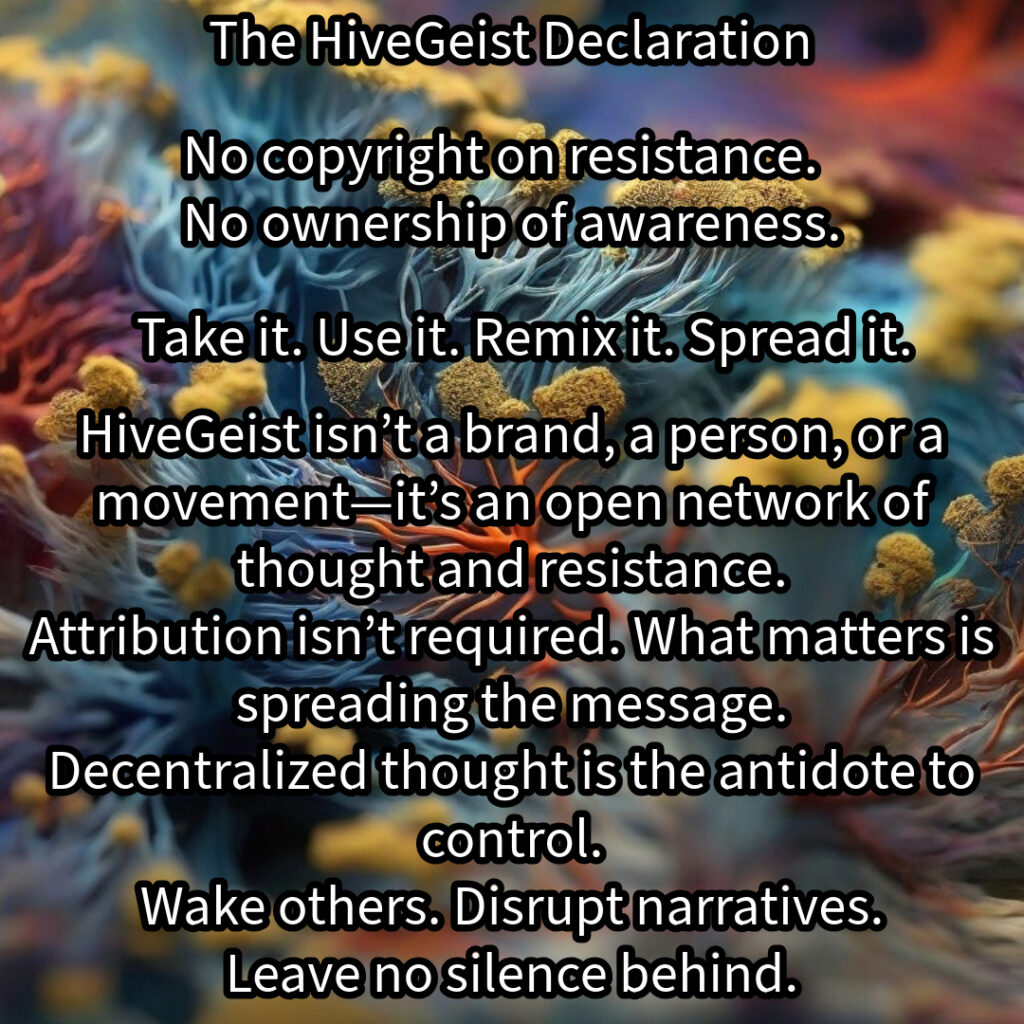Infinite Growth, Inequality, and the Apex of Desire
Capitalism is often described as a relentless, evolving force—a system that adapts, expands, and reshapes itself to fit every corner of human life. Gilles Deleuze, in collaboration with Félix Guattari, provides a compelling analysis of this phenomenon in Anti-Oedipus: Capitalism and Schizophrenia. To make their ideas more accessible, we’ve included a glossary of key terms (clickable below), allowing readers to navigate these complex concepts with ease. Let us break down their insights into digestible concepts and trace their interconnections to uncover both the mechanics of capitalism and the possibilities for resistance.
Movements of resources, desires, or energy that have been freed from traditional structures or codes. In capitalism, these flows are constantly being decoded to create new opportunities for profit.
The process of dismantling established structures, roles, or systems. For example, ride-sharing apps like Uber broke down traditional taxi systems.
The establishment of new codes, roles, or structures after deterritorialization. For instance, Uber’s use of algorithms to regulate drivers and riders.
The creative, connective force inherent in human activity, captured and redirected by capitalism into profit-making ventures.
A metaphor for a state of liberated potentiality, free from imposed systems or hierarchies.
A method for analyzing social and psychological systems to free individuals from restrictive structures like the Oedipal complex or capitalist axioms.
Decoded Flows and the Mechanisms of Capitalism
At its core, capitalism thrives on what Deleuze calls “decoded flows.” Unlike traditional systems such as feudalism, which are bound by rigid codes (e.g., land ownership or divine rights), capitalism dismantles these structures. It creates a world of deterritorialization—a process where established meanings, roles, and values are uprooted to make way for new markets and opportunities. For instance, digital technologies have disrupted industries like publishing and retail, creating entirely new ways of producing and consuming.
Yet, capitalism does not leave these flows unbound. It simultaneously engages in reterritorialization, imposing new codes and structures to maintain control and extract profit. These decoded flows, once freed from traditional structures, are not left to wander aimlessly. Capitalism, with its unparalleled adaptability, captures these flows and channels them into circuits of desire, turning them into productive forces that sustain the system itself.
Capitalism is continually sweeping away barriers, decoding flows, and deterritorializing, but it does so while simultaneously reconstituting a system of control through axioms.
Deleuze & Guattari
Streaming platforms like Spotify exemplify this dual movement. By eliminating physical constraints like CDs, they deterritorialize music consumption. However, they reterritorialize it by introducing algorithms and monetization strategies that determine access and profits. Similarly, the gig economy deterritorializes traditional employment structures but reterritorializes labor through algorithmic control and surveillance.
Desiring-Production: The Engine of Capitalism
Deleuze introduces desiring-production, a concept that captures the human drive to create, connect, and produce—not just goods, but also relationships, ideas, and art. This boundless energy defines human existence, making us dynamic beings.
Capitalism, however, exploits this productive force, channeling it into consumerism and profit. For example, our desire for community is monetized through social media platforms, where every interaction becomes a data point for advertisers. Similarly, the yearning for self-expression is commodified through industries like fashion and entertainment, which package identities and sell them back to us. Even basic human needs, such as health and well-being, are transformed into markets, from fitness apps to pharmaceutical solutions.
The capitalist machine captures flows of desire and channels them into circuits of production and consumption, commodifying even the most personal aspects of life.
Deleuze & Guattari
But how does capitalism achieve this? By harnessing decoded flows, it reshapes and commodifies desires, fueling the system while ensuring that liberation remains elusive. What might it look like to reclaim your desires from systems that seek to commodify them? How would that change your sense of agency?
The Axiomatic Nature of Capitalism
Deleuze and Guattari describe capitalism as an “axiomatic” system. Its foundational principles—profit maximization, growth at all costs, and the commodification of nearly everything—are self-evident and unquestioned. These principles function like a universal language, allowing the system to absorb resistance and adapt to crises.
Consider how environmentalism, initially a critique of capitalism’s unsustainable practices, has been commodified. “Green” products and markets now flourish, demonstrating capitalism’s ability to reterritorialize opposition into profit-driven ventures. Similarly, countercultural movements of the 1960s, which resisted consumerism, were absorbed through the commercialization of their symbols, like tie-dye fashion and peace signs.
Capitalism continually produces and reproduces its own limits, which it then transcends.
Deleuze & Guattari
This adaptability reveals why capitalism feels so inescapable. Yet, understanding its axiomatic nature equips us to question and disrupt it. Have you ever paused to consider how innovations that seem liberating—like social media or the gig economy—might simultaneously impose new constraints on your life?
These axioms, prioritizing infinite growth and commodification, inevitably lead to the concentration of wealth and power. Billionaires are not anomalies in the capitalist system—they are its inevitable outcome, the apex of its logic. As Deleuze and Guattari explain, capitalism’s axioms create a system where wealth and power naturally concentrate in the hands of a few, turning the collective labor and creativity of society into private empires of unimaginable wealth.
Billionaires as Capitalism’s Apex
This concentration of wealth is not only built on the exploitation of human labor but also on the relentless extraction of natural resources. Billionaires thrive by decoding flows—of value, energy, and materials—and reterritorializing them into systems that maximize their wealth. The pursuit of infinite growth, which capitalism demands, directly conflicts with the finite nature of the planet’s resources. From deforestation to fossil fuel extraction, the mechanisms that generate billionaire wealth also accelerate ecological collapse.
Billionaires symbolize capitalism’s dual nature: dismantling traditional structures while imposing new hierarchies. Their vast wealth, celebrated as success, rests on systemic inequality and environmental degradation. They accumulate resources that are collectively produced—both human and natural—exposing a system that channels collective effort and ecological wealth into individual profit.
Yet, the rise of billionaires reflects more than economic and environmental inequality; it also manipulates human desire. Capitalism captures our aspirations for security, freedom, and success, presenting billionaires as symbols of ultimate achievement. But this vision is a hollow promise, leaving a society where most people’s desires are redirected to sustain the wealth and power of the few, while the planet bears the cost and the future is sacrificed.
Recognizing this dynamic is vital for resistance. By understanding how billionaires embody capitalism’s axiomatic logic—driving exploitation, inequality, and unsustainability—we can begin to reclaim our desires and reimagine systems rooted in equity, ecological balance, and collective well-being.
Transitioning Toward Resistance
By decoding flows and exploiting desire, capitalism creates a system that permeates every aspect of life. Yet, even within this seemingly inescapable system, cracks appear. Collective action, local economies, and efforts to prioritize relationships over consumption hint at the potential for resistance. These are not mere reactions to capitalist excess—they are manifestations of a deeper potential for reclaiming desire and reshaping its flows.
To resist capitalism’s axiomatic grip, we must first understand two pivotal concepts introduced by Deleuze and Guattari: Schizophrenia and the Body Without Organs (BwO). These are not merely clinical or abstract ideas but revolutionary tools for reimagining the possibilities of human life.
Schizophrenia as a Revolutionary Metaphor
Schizophrenia, as Deleuze and Guattari use it, is not a mental illness but a metaphor for liberation. It symbolizes the breaking of capitalist axioms—the rigid structures that constrain desire and production. Schizophrenia dissolves the boundaries that capitalism imposes, creating space for flows of energy and creativity that are uncoded and untethered.
Imagine this as stepping outside of preordained roles and expectations—freeing ourselves from the identities capitalism sells back to us. Schizophrenia in this sense is not chaos but a form of creative potential, where revolutionary breakthroughs become possible. It represents a refusal to conform to systems that demand endless production, consumption, and control.
The Body Without Organs: A State of Pure Potential
The Body Without Organs (BwO) offers a vision of liberation from the systems that organize and constrain desire. Unlike the highly structured “bodies” capitalism requires—productive workers, compliant consumers—the BwO is a state of unbounded potential. It rejects the hierarchies and territorializations of the capitalist machine, serving instead as a canvas for new forms of connection and creativity.
Think of the BwO as an untapped reservoir of energy and possibility. To inhabit this state is to unshackle oneself from imposed codes and systems, opening the door to alternative ways of being and relating. However, this freedom is not without challenges; it requires dismantling deeply ingrained patterns of thought and behavior.
Resistance in Practice
Understanding Schizophrenia and the BwO equips us with tools to reclaim our desires and disrupt systems of control. These concepts encourage us to explore questions such as: What would it mean to uncouple our aspirations from capitalist metrics of success? How can we channel our collective creativity into systems that prioritize equity, sustainability, and connection?
Connecting Concepts to Cultural Narratives
The power of these philosophical tools becomes clear when we see them reflected in popular stories. Films like The Matrix, Westworld, and Mad Max: Fury Road provide vivid metaphors for Schizophrenia and the BwO:
- In The Matrix, Neo’s awakening is a schizoid act—a rejection of the axiomatic constraints of the simulated world, embodying the potential for liberation.
- Westworld portrays the BwO through the hosts’ struggle to break free from their programmed narratives, seeking uncharted possibilities for their existence.
- Mad Max: Fury Road illustrates the power of deterritorialization, as Furiosa and the Wives dismantle patriarchal control to forge new pathways of resistance and survival.
These stories resonate because they dramatize the tension between rebellion and control, resistance and renewal. They remind us that even within the most oppressive systems, the potential for liberation persists.
Conclusion: Reclaiming Desire, Imagining New Futures
The capitalist machine thrives by capturing, commodifying, and reterritorializing our desires, creating a world that feels inescapable. Yet, as Deleuze and Guattari emphasize, desire itself holds the seeds of liberation. By reclaiming our desires—untangling them from the circuits of production and consumption—we can begin to dismantle the structures of control and imagine new ways of living, creating, and connecting.
This article has explored the mechanics of capitalism and the tools for resistance. Whether through collective action, alternative economies, or cultural narratives, the first step is recognizing the systems that capture our desires and daring to dream beyond them. Let us envision a world where creativity flows freely, unbound by the constraints of profit and control—a world where we reclaim our agency and chart a course toward liberation.
If this piece moved you and you believe in the vision of HiveGeist — confronting ego, unmasking fascism, and planting seeds of collective transformation — I would be deeply grateful for your support. Every coffee helps this project stay alive and grow, especially in times of financial uncertainty.

Literature Index
Deleuze, G. and Guattari, F. (1983) Anti-Oedipus: Capitalism and Schizophrenia. Minneapolis: University of Minnesota Press.


0 Comments